New York City Mayor Eric Adams's Israel trip sparks controversy, outrage
New York City Mayor Eric Adams’s three-day trip to Israel, including a meeting with prime minister Benjamin Netanyahu and a "senior settler leader," has triggered a widespread backlash and controversy.
New York City Council member Tiffany Caban on a social media platform on Thursday called the visit “outrageous and irresponsible”.
“What message does [Mayor Adams’s] tour of Israel send to tens of thousands of Palestinian New Yorkers?” Caban wrote on X, which was formerly known as Twitter.
“This year alone, Israeli soldiers and settlers have killed over 170 Palestinians in the West Bank," Caban added.
Adams said he did not speak with Netanyahu about the settlements.
“I did not go into any conversations with settlements. That was not mentioned at all in the meeting when we met with other leaders. At no time did we talk about settlements. That is not why I'm here,” Adams said in a virtual briefing with reporters.
On Tuesday, Adams had a private meeting with Netanyahu. Later talking to reporters, Adams said that he did not want to comment on the issues confronting Israel.
“I listened. I didn’t weigh in. I think the people of Israel will determine their destiny,” he said.
“I have many challenges in my city, and I wouldn’t want someone to come in and interfere in how I work them out."
While Adams and Netanyahu did not discuss the illegal settlements in the West Bank, they talked about Israel’s vaccine campaign during the pandemic, and according to the New York Times, they both tasted vegan honey.
“We have an unbreakable bond, New York and Israel, and we're going to continue to build on that, and I am blessed to continue to do so as the mayor,” he said.
Several New York leaders, Jewish Americans and Palestinian Americans accused the mayor of "siding with oppressors", calling the trip "outrageous" as it came during anti-Netanyahu protests in Israel and a migrant crisis in New York.
Read more:
In recent months, thousands of protesters have taken to the streets in the occupied Palestinian territories, denouncing the extremist Israeli cabinet's policies, including its so-called judicial overhaul plan.
But Adams has defended his controversial visit to Israel.
“I am aware that my trip comes at a pivotal moment for Israel,” Adams wrote in a column for the Jerusalem Post on Tuesday. “Democracy is never easy, and it is only by confronting our differences that we can emerge stronger.”
Adams also courted controversy by meeting with settler leader, Yisrael Gantz, who leads the Binyamin Regional Council, which governs dozens of Israeli settlements in the occupied West Bank.
According to the Binyamin Regional Council’s office, Adams agreed to tour illegal settlements with Gantz the next time they meet.
The visit comes one month after Israel’s far-right regime announced plans to approve thousands of building permits for illegal settlements in the West Bank.
Those settlements are considered illegal under international law, and the United Nations has condemned their expansion in recent months.
Read more:
Israel's hawkish minister to allocate $180m to settlements in occupied West Bank
Human rights groups have also accused Israel of committing crimes of apartheid against Palestinians in the occupied territories.
Israel's hawkish finance minister, Bezalel Smotrich, has recently said Tel Aviv plans to allocate around $180 million to build illegal settlements and outposts on private Palestinian lands across the occupied territories.
Smotrich’s plans have been strongly condemned after the minister suspended millions of dollars in funding to Arab towns and Palestinian education programs in the occupied East al-Quds.
Arab citizens, most of whom are descendants of Palestinians, make up about a fifth of the Israeli population.
The Arab minority has for decades faced social and economic disparities compared with Jewish citizens, including high poverty rates, overcrowded towns lacking in infrastructure and poorly funded schools.
Since coming to power in December, Netanyahu's far-right coalition has approved the building of 7,000 new housing units.
Israel enjoys strong bipartisan support in the US and the entity is the “largest cumulative recipient of US foreign assistance since World War II,” according to the Congressional Research Service.
New York City has the largest Jewish population outside of Israel. Since Israel’s creation in 1948 -- which coincided with the mass Palestinian displacement known as the Nabka or “catastrophe” in Arabic -- New York mayors have routinely visited the occupied territories to foster ties.
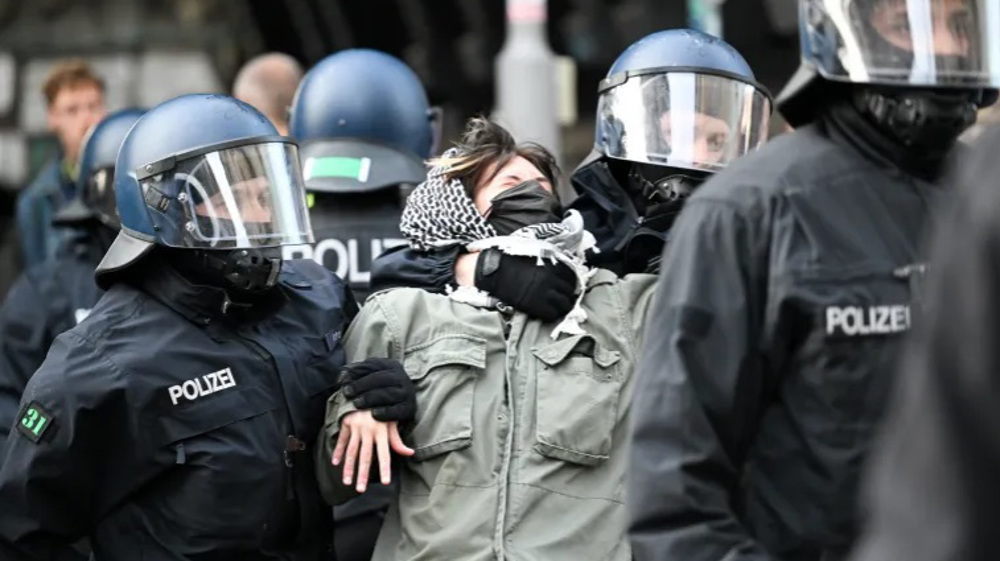
Leaked emails show German officials pressing staff into deporting pro-Palestine activists
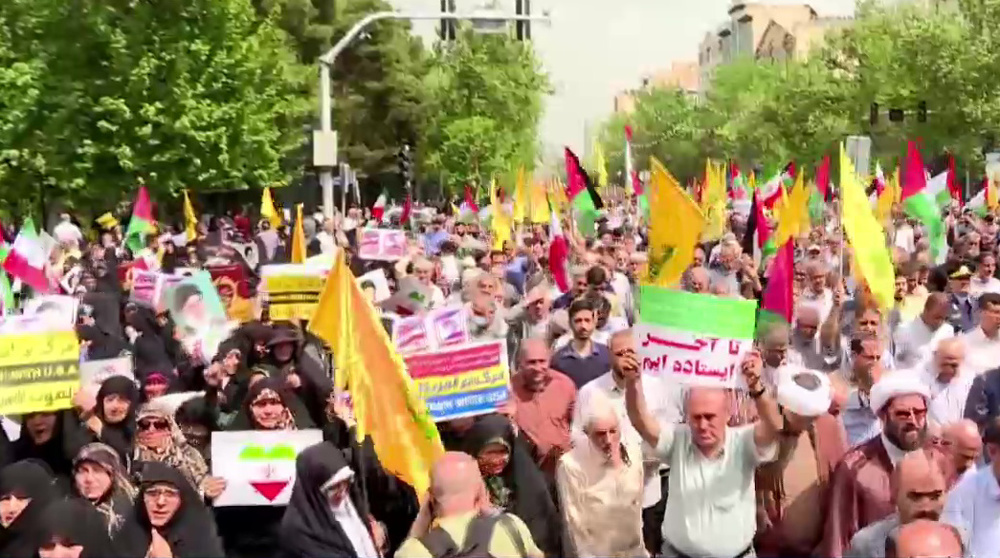
Iranians rally to condemn Israeli atrocities in Gaza

Record surge in Israeli home demolitions across occupied West Bank
Leaked emails show German officials pressing staff into deporting pro-Palestine activists
Thousands of Pakistanis rally to censure Israeli crimes in Gaza
‘Gaza is not alone’: Yemenis hold million-man protests to show solidarity with Palestinians
VIDEO | Iranians rally to condemn Israeli atrocities in Gaza
VIDEO | Record surge in Israeli home demolitions across occupied West Bank
VIDEO | Entire family killed in Israeli strike on house
Iranians rally nationwide in support of Gaza, blast international silence
Trump admin. declares thousands of living immigrants dead, pushes for ‘self-deportation’


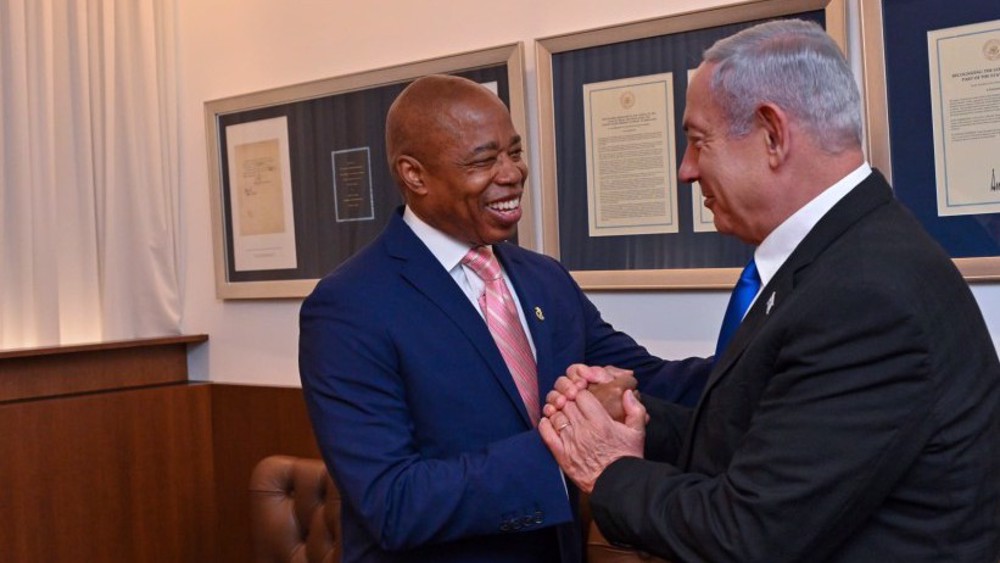



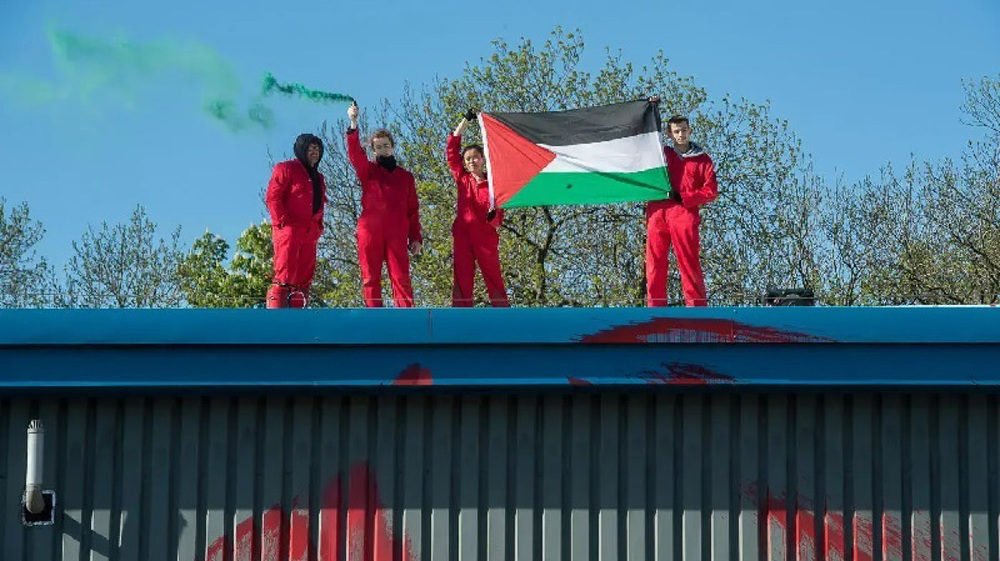
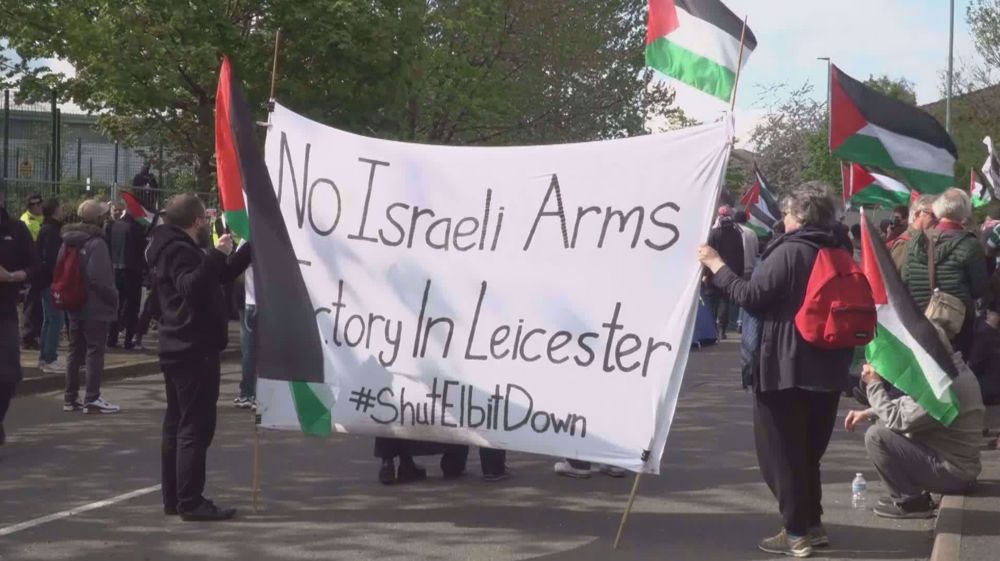
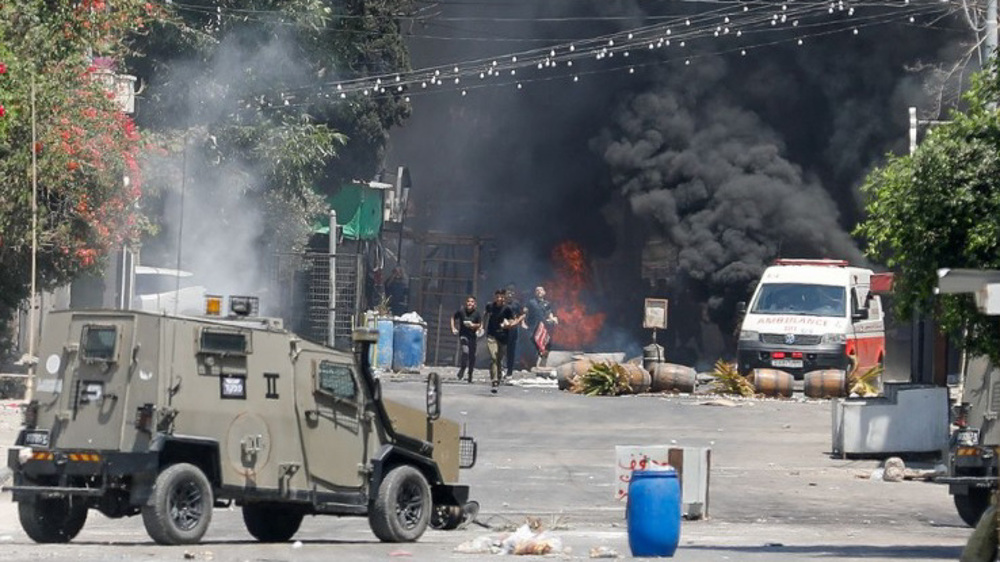
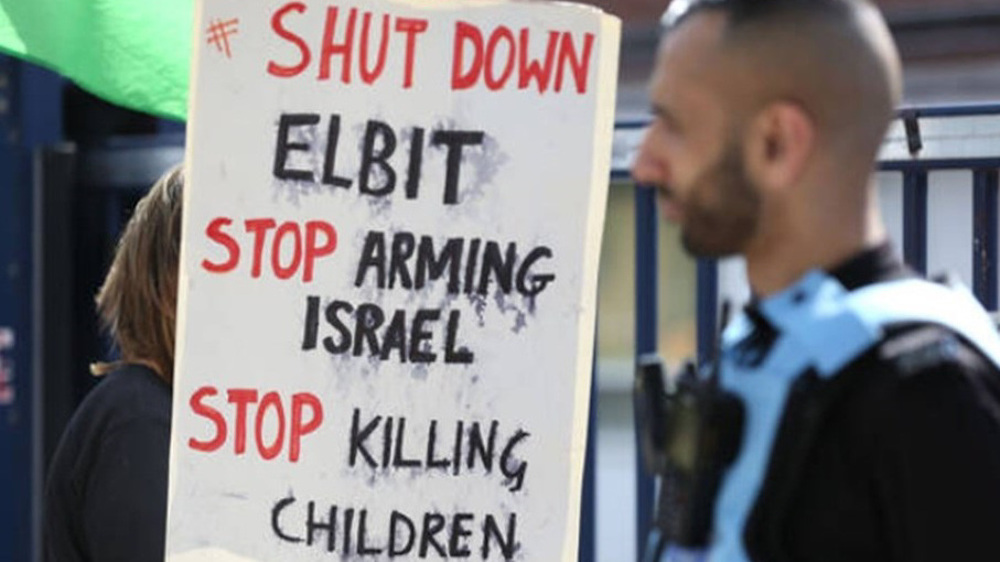
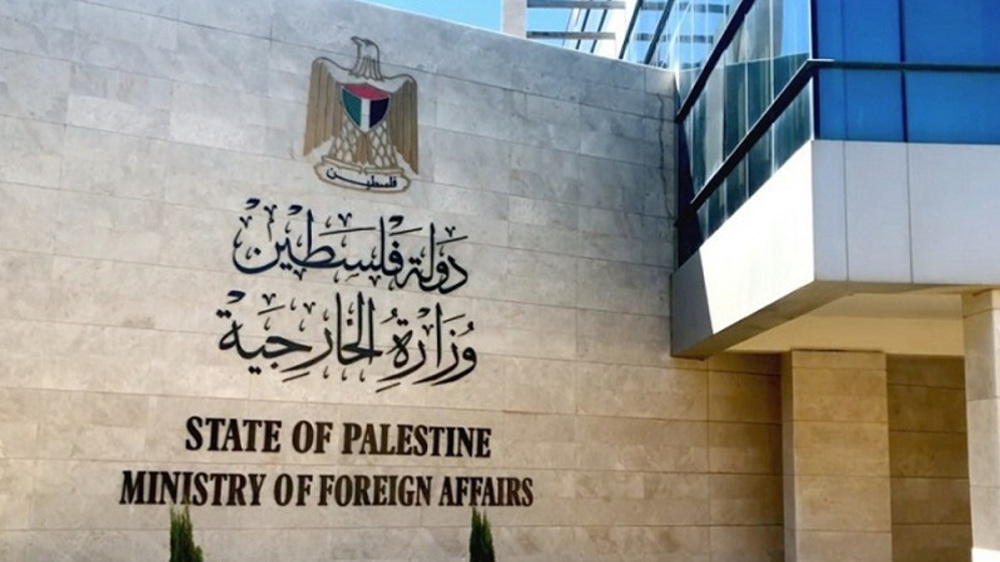
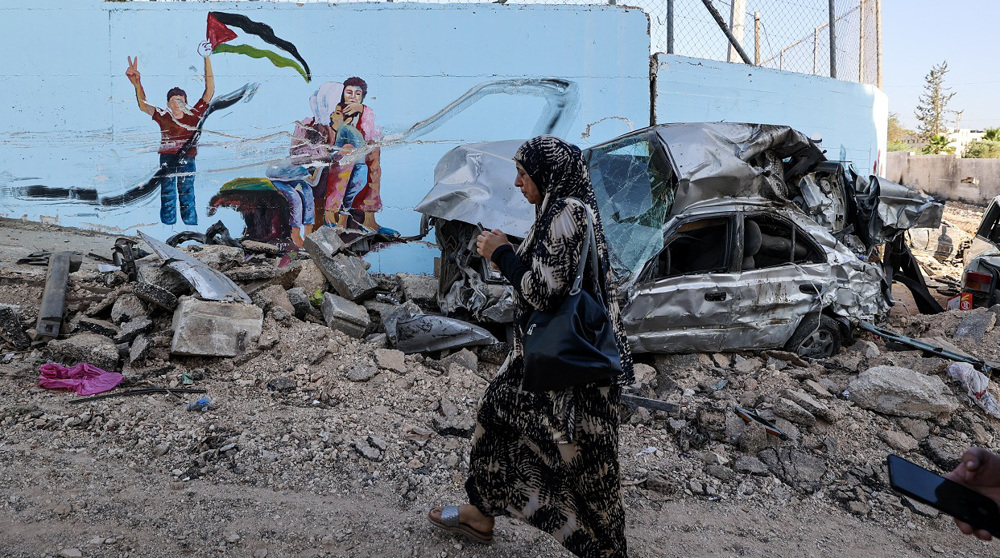

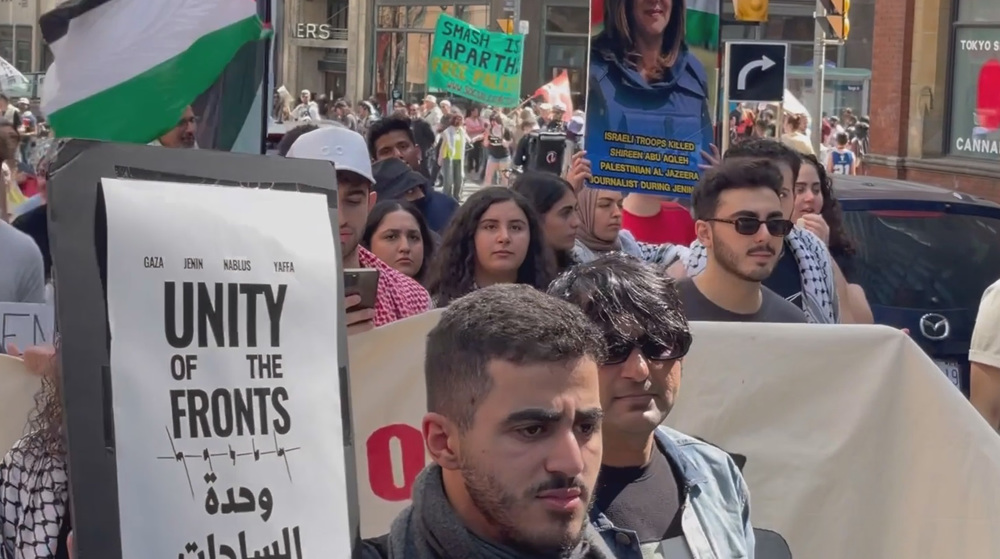

 This makes it easy to access the Press TV website
This makes it easy to access the Press TV website